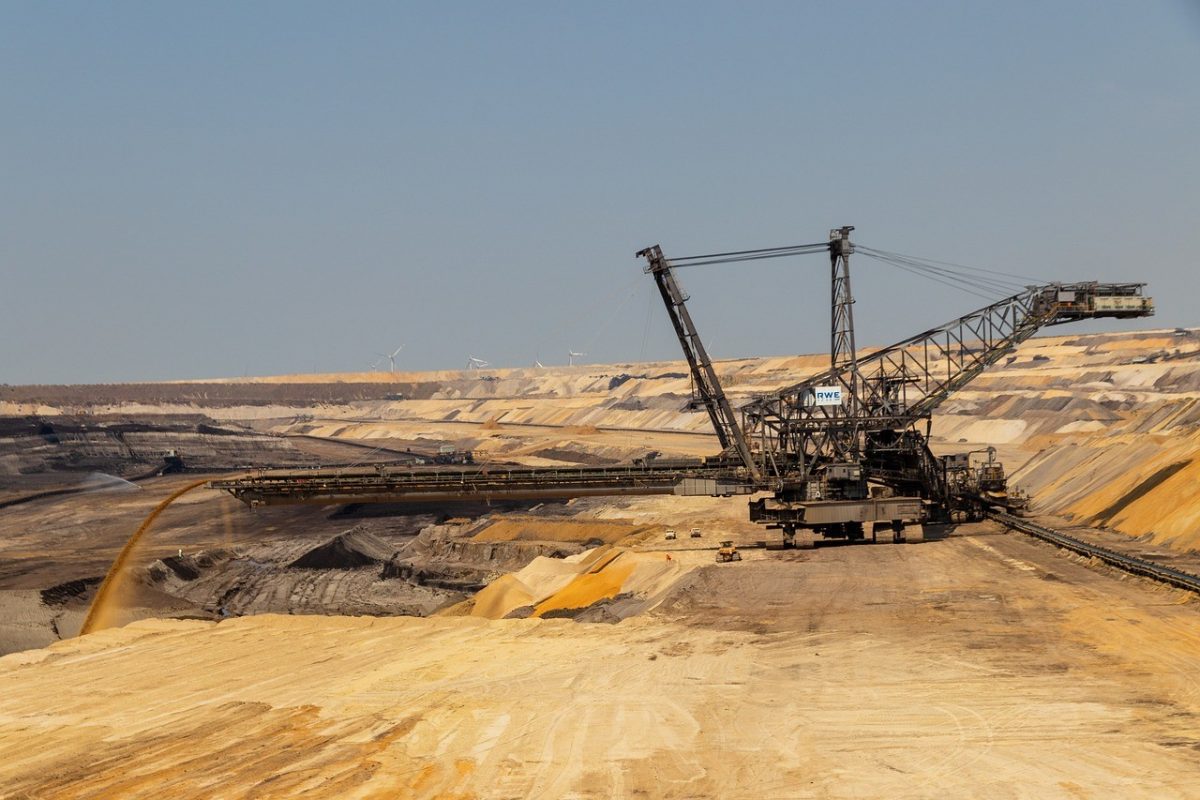Economic security remains a top agenda item in Washington as policymakers struggle to balance the United States’ need for rare earth elements (REE’s) and the environmental impact of the highly-polluting process required to extract and refine them. California’s Mountain Pass mine currently is the country’s sole commercial REE mine. The US ships nearly 100% of the country’s output of rare earths, including the critical heavy REE types required for military purposes, to China for processing. In contrast, China’s long-term, economic and geopolitical gameplan calls for Beijing to mine, buy, process, and control the vast majority of the world’s supply of REE’s and oxide products. China today is the world’s top producer of these strategic metals. It accounts for about 70% of the global mine production of REE’s. That may be changing although Beijing is making a concerted global effort to buy critical REE supplies to keep Western nation-states from obtaining them.
Controlling the raw materials enables China to set prices and limit what countries have access to REE’s. Advanced economies are highly dependent on these metals for the production of everything from cell phones to advanced diagnostic equipment, EVs, and military weapons. Last year Beijing updated its tracking of REE exports as well as its imports of crude oil, iron ore, copper ore concentrates, and potash fertilizer, according to an announcement by the Ministry of Commerce. The requirements are to remain in place until at least October 31, 2024. Beijing appears to be growing increasingly concerned over potential choke points as well as Western discoveries of new deposits. China imports the vast majority of its needed crude oil, iron ore and copper to fuel its rapid economic expansion. It needs to keep global trade open.
Some Western analysts, however, suggest China could take additional retaliatory actions by further restricting REEs in an expansion of the US-China trade war. Beijing began restricting critical metal exports after the West imposed semiconductor curbs. Currently China limits the export of gallium and germanium to the US. Both are needed in semiconductors, missile systems and solar cells. China’s REE strategy, which calls for constraining the availability in the West may be faltering as new discoveries of these REEs are made in the West.
Extremely large deposits of lithium have been discovered in Canada. Recently Sweden identified REE deposits near the Arctic Circle that are large enough to supply most of Europe’s demand for magnets for turbines and electric vehicles. This week it was announced the Brook Mine in Wyoming contained what is believed to be $37 billion of light and heavy REE’s at today’s prices, making it the largest rare earths discovery in the United States since 1952. The US is pursuing a “mine-to-magnets” strategy to delink from the country’s dependence on China. American coal mines also have shown great promise as depositories of REE’s. Companies are now redirecting their searches for rare earths to coal producing regions. Combined these deposits may help alleviate the United States’ dependence on China. Although the global market remains highly dependent on China in the short term, Beijing may have a challenging time dominating the REE markets in coming years as advanced detection technologies are aiding the West in the discovery of a number of new deposits.
At a State Council meeting in Beijing last Friday, November 3, Chinese Premier Li Qiang announced that the country needed to improve coordination and plan for expanded REE exploration, research, and development. At the same time, it was announced that China would further enhance its crackdown on illegal mining and push for more “green measures.” In July, to combat illegal mining China simply raised the REE mining quota to 240,000 tons. Formerly illegal mining will not add to the overall tonnage mined in China; it will move it into a legal category. Only a few years ago the West was concerned over China’s dominance in the REE markets. While it will take time for production to begin it may mark the beginning of the end of China’s REE reign.
Daria Novak served in the U.S. State Dept.
